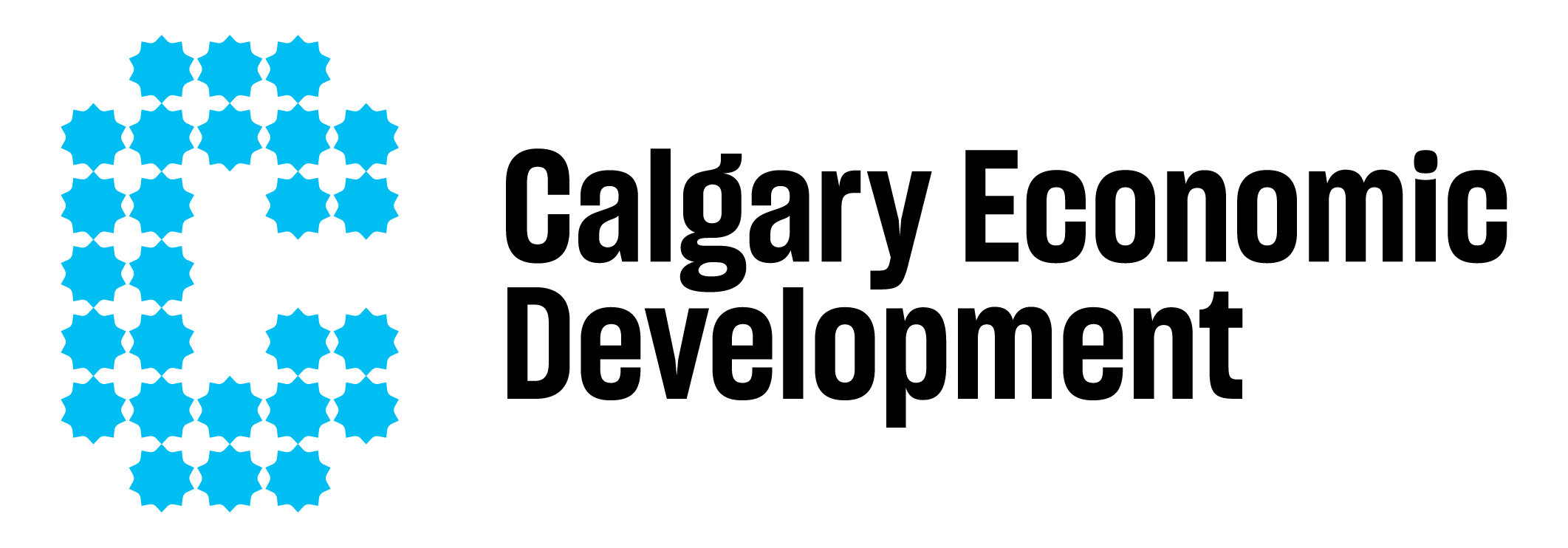Originally published in the National Post on Nov. 18, 2024.
When it comes to major projects in Canada — be it resource or infrastructure — communities take centre stage. Success from regulatory approval all the way to completion often depends on working closely with communities, especially Indigenous ones, to ensure they benefit alongside other stakeholders.
“Engagement is almost the number one requirement for project development now in Canada,” says Doug Ford, senior vice-president of Indigenous engagement and information management, earth and environment at WSP in Canada.
“If you really want to have a successful project, it begins, right from the start, with engagement, and that engagement continues right to the very end.”
Ford speaks from deep experience, given WSP is a leading Canadian engineering, design and environmental management firm that increasingly helps clients with stakeholder engagement.
“We help clients identify who the interested stakeholders are and then to understand the diverse views and aspirations of those community members.”
Given that many energy and other resource projects in Alberta and Canada occur on or adjacent to Indigenous territory, WSP has a dedicated team to build relationships with First Nation, Inuit and Metis peoples. WSP also recognizes that meaningful consultation and engagement works best when members of its team truly understand the affected community.
“If we’re working with an Indigenous community, one of the best ways to do that effectively is to hire people from that community to work on engagement,” says Amanda Doyle, Indigenous relations lead, Prairie region, WSP Canada.
“They help us identify the appropriate people to talk to, along with local businesses that could participate in a proposed project to provide additional economic benefit to the community.”
WSP’s clients include First Nations seeking to engage their own communities on projects that matter, such as water treatment plants. Doyle points to one recent project on a First Nation where WSP hired and trained local community members to help with an environmental impact assessment.
“That type of groundwork has to come well before we really ever get talking about a project’s development.” WSP not only spearheads engagement processes for its clients; it also manages all the information that comes from often engaging hundreds, if not thousands, of different stakeholders.
WSP not only spearheads engagement processes for its clients; it also manages all the information that comes from often engaging hundreds, if not thousands, of different stakeholders.
Perhaps most importantly, engagement plays a key role in reconciliation with Canada’s Indigenous Peoples like never before, Doyle says.
“You don’t want a project to be a fight,” she adds. “You want approval and social licence.” In turn, clients are focused on working to ensure community members can see how a project will be beneficial to more than the proponent of the project. Communities need to understand how a project will benefit them — be it economically or providing them with access to much needed infrastructure such as safe drinking water. That's a distinct change from how projects had been planned and developed even decade ago, Doyle notes. “There really has been a big shift toward inclusion and getting Indigenous communities’ perspective to guide how projects move ahead,” she says. “We've come a long way with reconciliation, but we still have a way to go.” As that journey continues to unfold, WSP will remain a vital, trusted partner.
“It’s not just about helping clients jump through regulatory hoops regarding community engagement,” Ford says. "It's about really engaging a community on a project where communities clearly see benefit while their concerns and worries are seriously addressed.”
This feature was created by Content Works, Postmedia’s commercial content division, on behalf of Calgary Economic Development.

